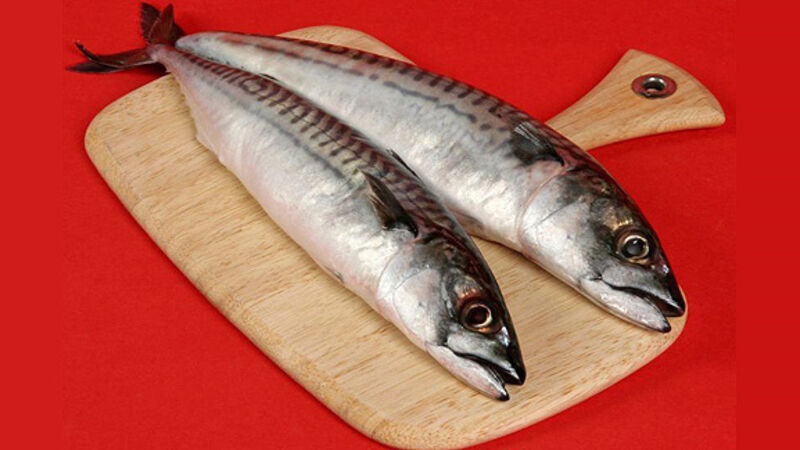Foods to eat and avoid with gallstones

The primary ingredient in most gallstones is cholesterol, so it is not surprising that reducing your dietary cholesterol intake will alleviate the symptoms and frequency of gallbladder attacks.
Studies suggest that a vegetarian diet can reduce the risk of developing gallstones. However, this only applies if the diet is also low in fats, so lean meats should be fine, if meat eaters do not want to switch to a low-fat vegetarian diet. I’m not suggesting that you remove all fats from your diet — essential fatty acids, such as the omega 3 found in oily fish (mackerel, salmon, kippers, herrings, sprats, trout, sardine and pilchards) are valuable foods for helping with gallbladder symptoms.











